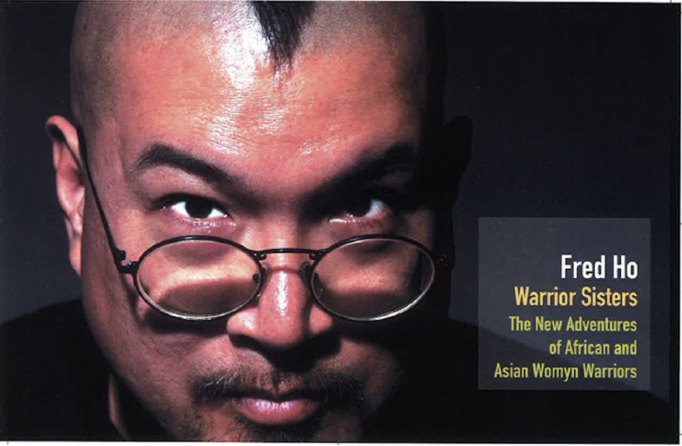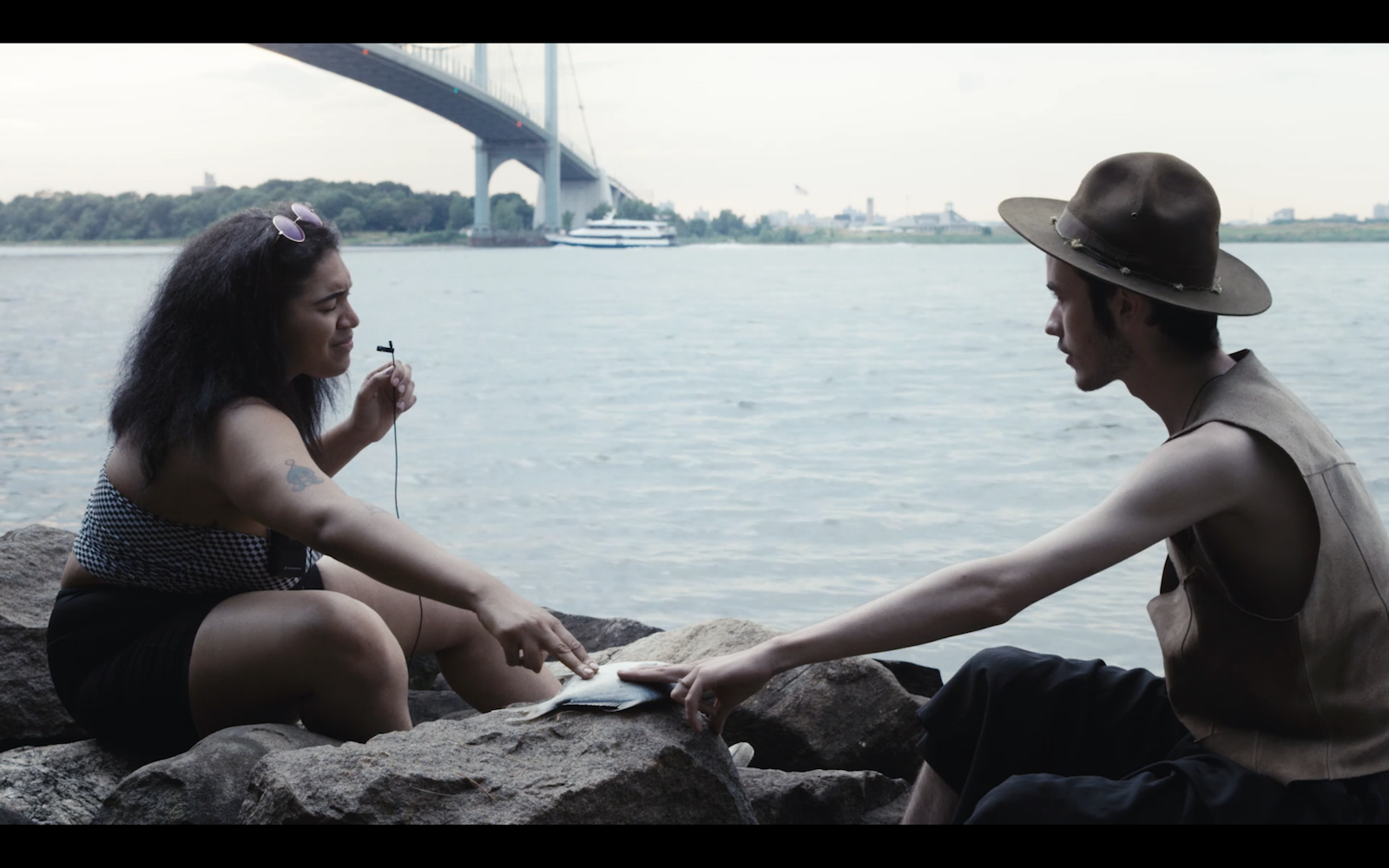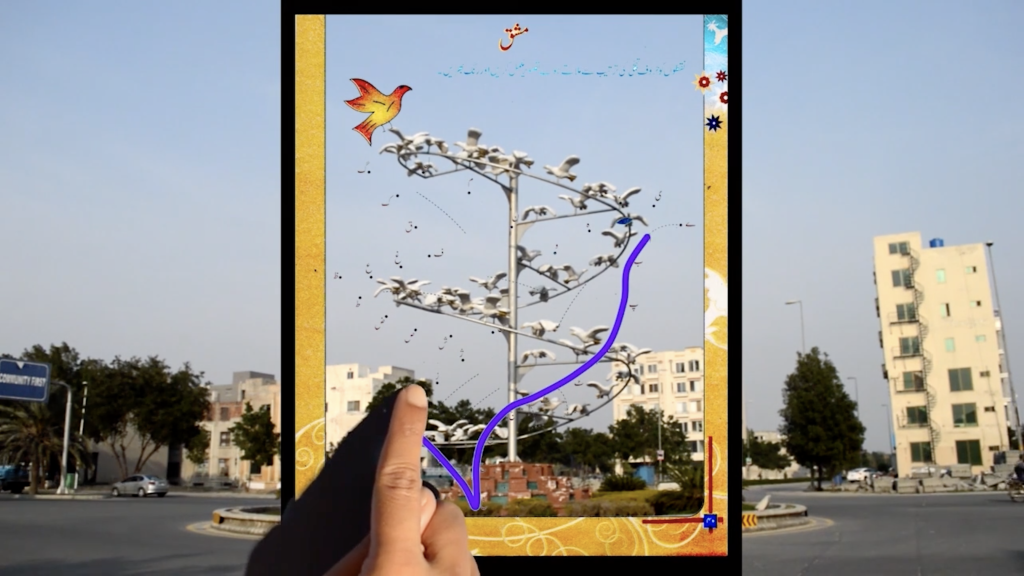
On View: June 30
This Video Viewing Room focuses on Umber Majeed’s in progress Trans-Pakistan Zindabad project, alongside a text written by Matthew Lyons.
This presentation is organized by Matthew Lyons, Curator.
In the 1990s, artist Umber Majeed’s uncle started a travel agency called Trans Pakistan with the hope that he could welcome international visitors and offer packages such as trekking expeditions to Pakistan's striking mountainous regions. However, the business venture was shortlived, folding in 2005 as the US’s “Global War on Terror” decimated the travel industry in the region. In this Video Viewing Room, Majeed presents selections from her ongoing project Trans-Pakistan Zindabad (Long Live Trans-Pakistan), in which she combines this familial history with her research on a huge planned community on the outskirts of Lahore called Bahria Town. A private development corporation has manufactured this gated city of luxury residences, leisure activities, lifestyle amenities, and public plazas from scratch. Its highly manicured built environment borrows architectural motifs from many cultures including ancient Egypt and also includes large-scale replicas of famed tourist sites such as Trafalgar Square, the Eiffel Tower, and the Taj Mahal–an unusual result of the fact that obtaining international travel visas is still difficult for many Pakistani citizens. Since incorporating in the mid-90s, the Bahria Town developers have built similar sites in Karachi, Islamabad, and other cities. Despite recent protests regarding the displacement of longstanding Sindhi communities from their homes, Bahria Town Karachi, for example, is the largest privately owned residential development in the country, at over seventy square miles and with a population that could soon reach one million inhabitants.
Using a variety of media from drawing and sculpture to video, VR, and web environments, Majeed weaves a speculative proposition for how Trans Pakistan might operate today. As she narrates unsanctioned tours using surreptitiously captured footage of these heavily surveilled sites, Majeed suggests a motif of circulation–of people, capital, and online material that she has called “South Asian digital kitsch.” In this futurist imaginary, Majeed toggles between a previous generation and a dystopian present in which global, neoliberal vectors loom over local struggles.
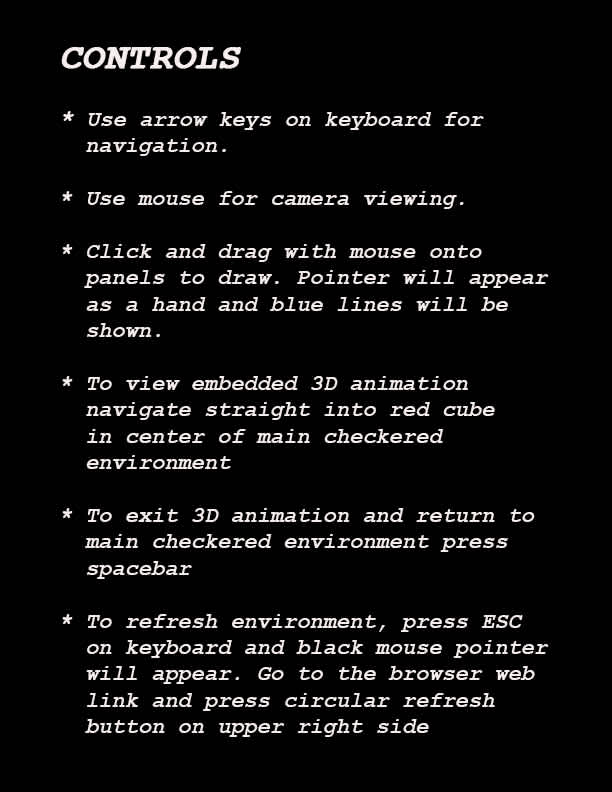
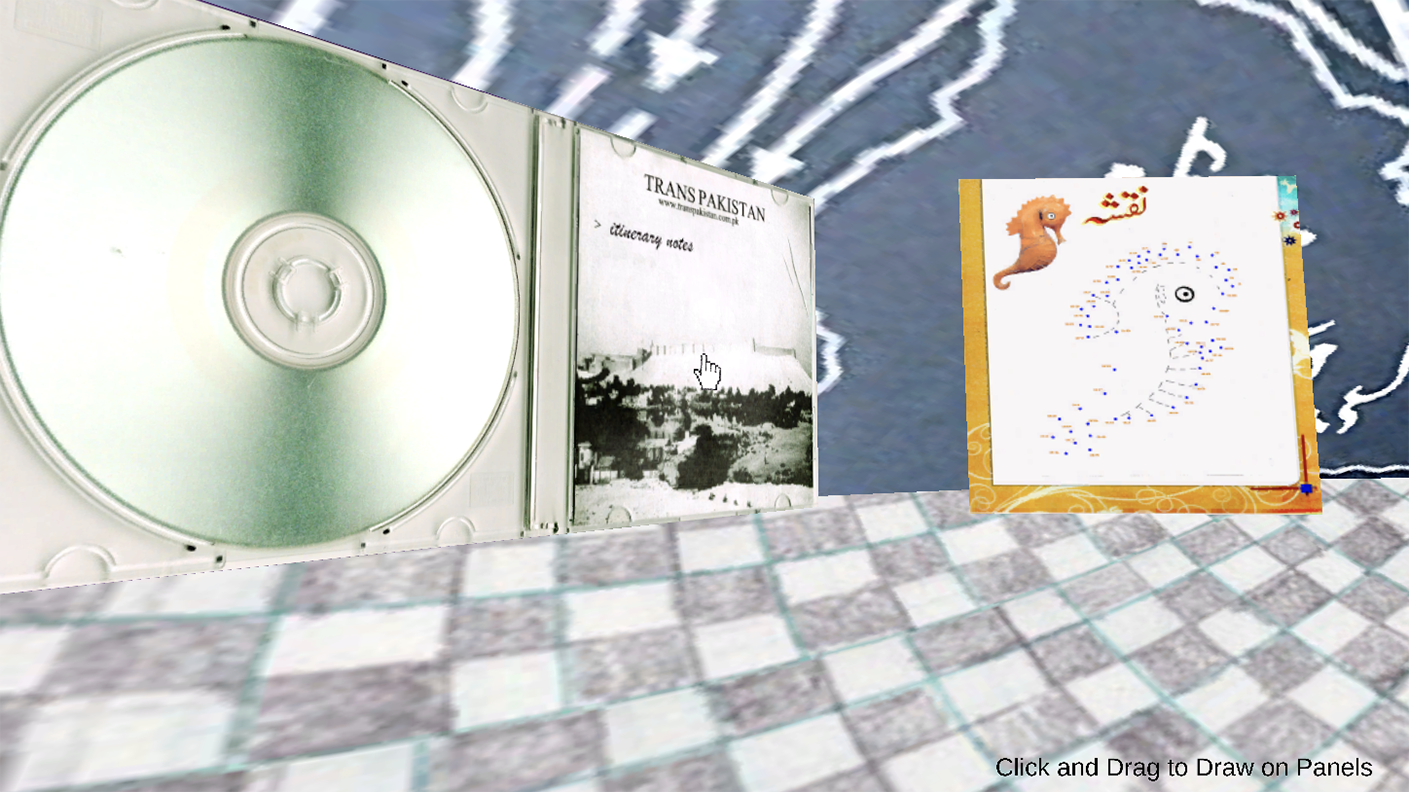
BIO
Umber Majeed (b. New York, 1989) is a multidisciplinary visual artist and educator. She received her MFA from Parsons the New School for Design in 2016 and graduated from Beaconhouse National University in Lahore, Pakistan in 2013. She lives and works in New York and Lahore.
CREDITS & FOOTNOTES
Videos: 1-5) Umber Majeed, Excerpts fromTrans-Pakistan Zindabad (Long Live Trans-Pakistan), Single-Channel Animation, 21:46, 2019-Ongoing. 6) Umber Majeed, Fotocopy.net, Interactive Web Environment, 2022.
